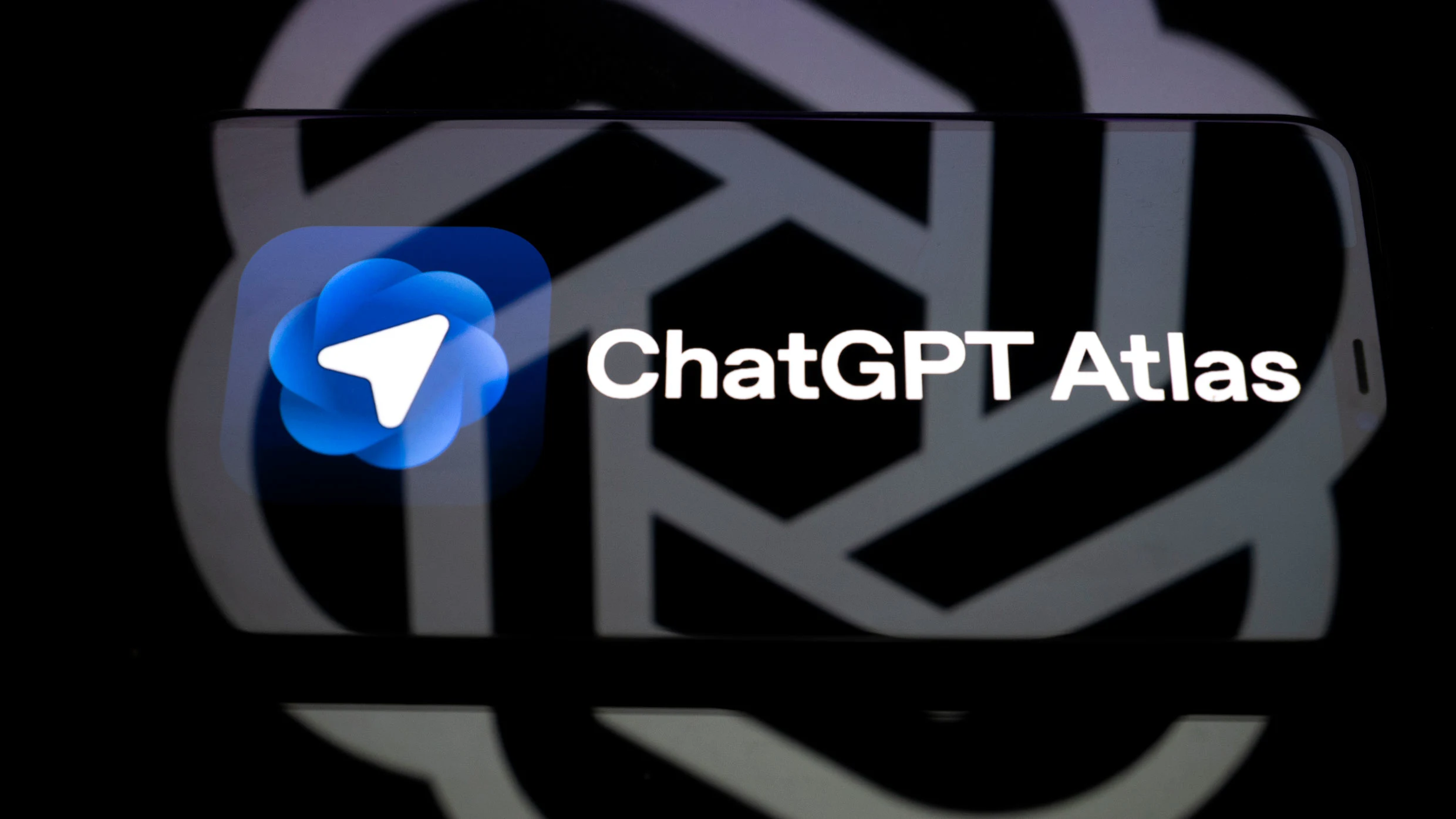
"For the past 30 years, the web browser has been the primary way humans navigate the internet. It makes sense, then, that as artificial intelligence becomes more humanlike in its capabilities, it would use the same tool. That's basically the idea behind AI-powered browsers, which are definitely having an "it" moment now that OpenAI has launched Atlas, its own web browser that incorporates ChatGPT as an ever-present helper."
"Based on features, the clear winner is Comet, which boasts Chrome-like functionality, supporting multiple user profiles, extensions, and more buttons for specific, fast AI-powered actions, such as instant summarization of web pages. However, because ChatGPT is the go-to AI that over 800 million people now use, that context represents a huge advantage. When you call up the chatbot in Atlas, you can simply point to the relevant conversation, plus it will remember aspects of your browsing experience to better help you."
For the past 30 years, the web browser has been the primary way humans navigate the internet. AI-powered browsers embed assistants that users can call at any time to perform multistep tasks, such as shopping or summarizing pages. OpenAI's Atlas incorporates ChatGPT as an ever-present helper and remembers browsing context to aid users. Perplexity's Comet offers Chrome-like functionality with multiple profiles, extensions, and buttons for instant AI actions, and is considered stronger on features. Google Chrome dominates with roughly 74% market share but moves cautiously on AI agents because of security concerns around automated browser control.
Read at Fast Company
Unable to calculate read time
Collection
[
|
...
]